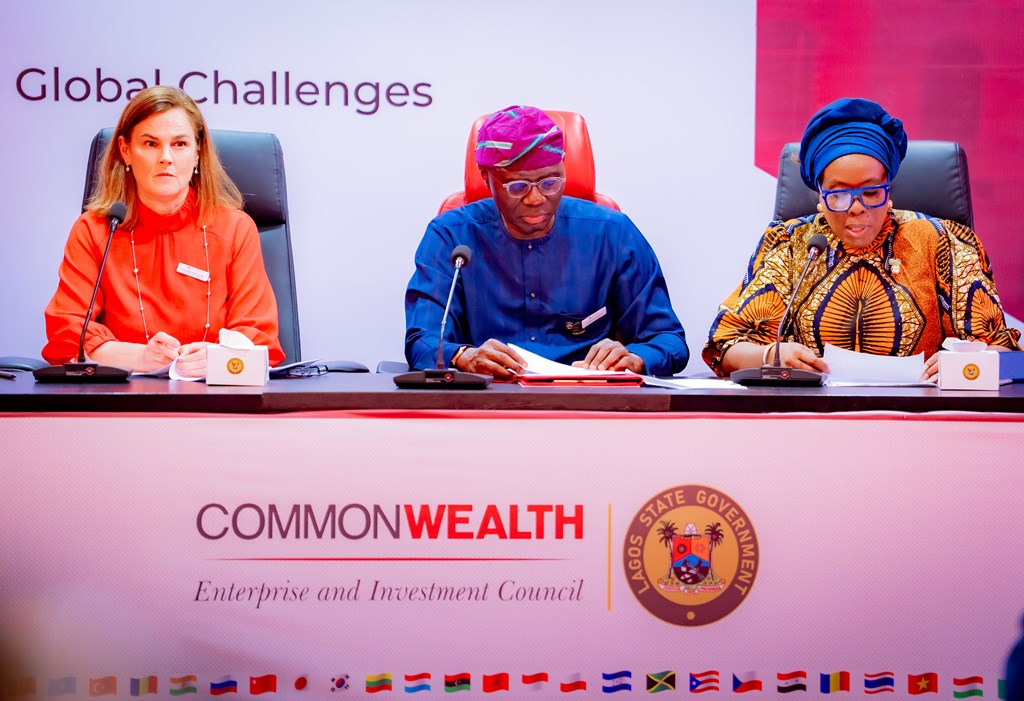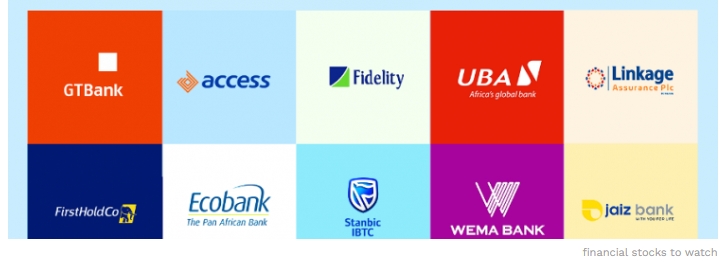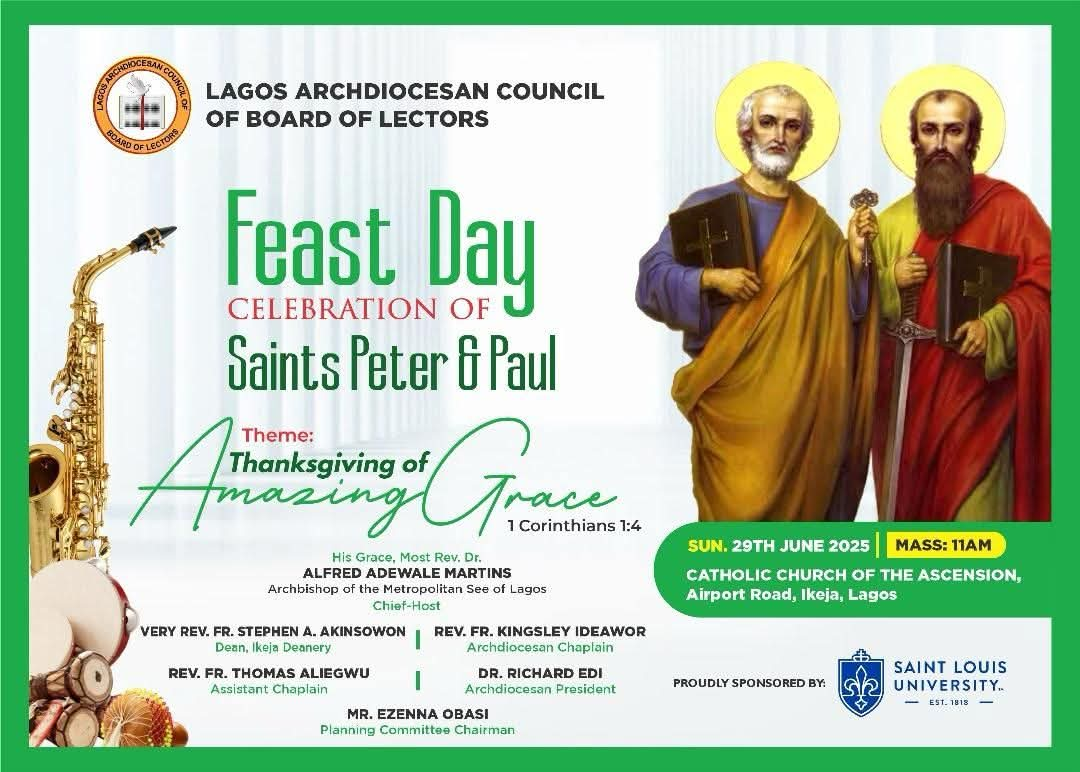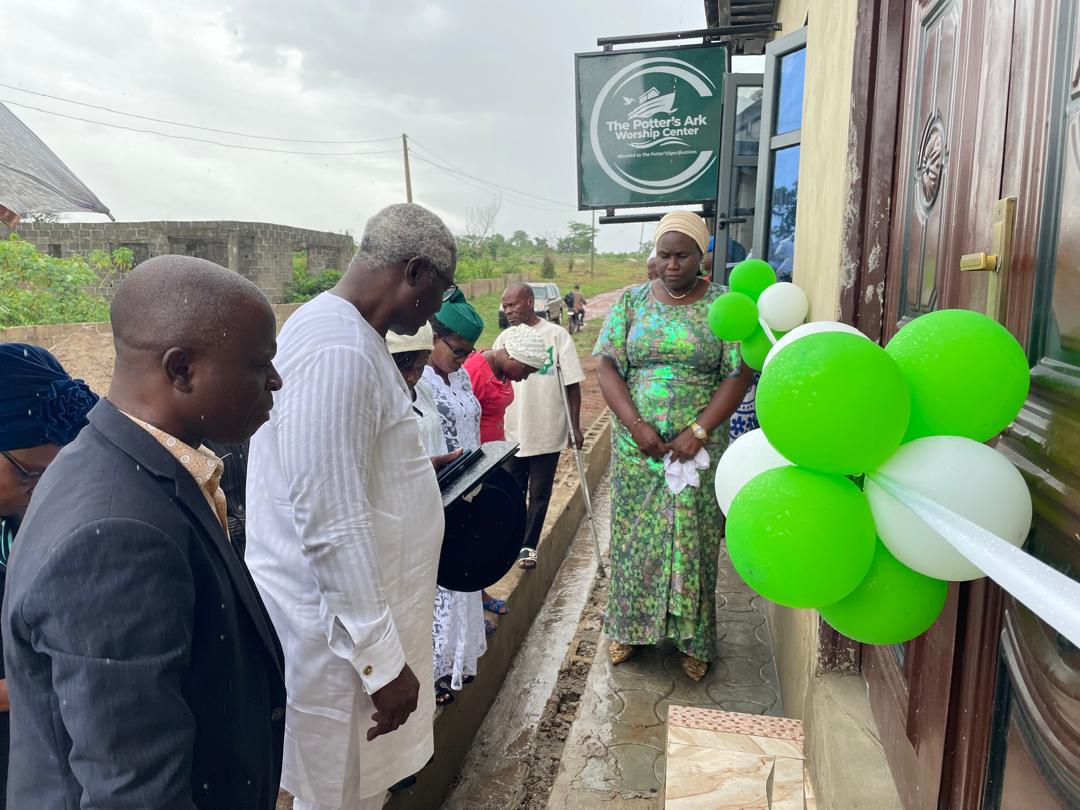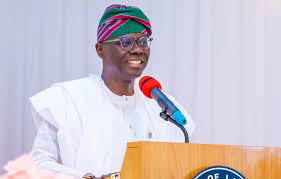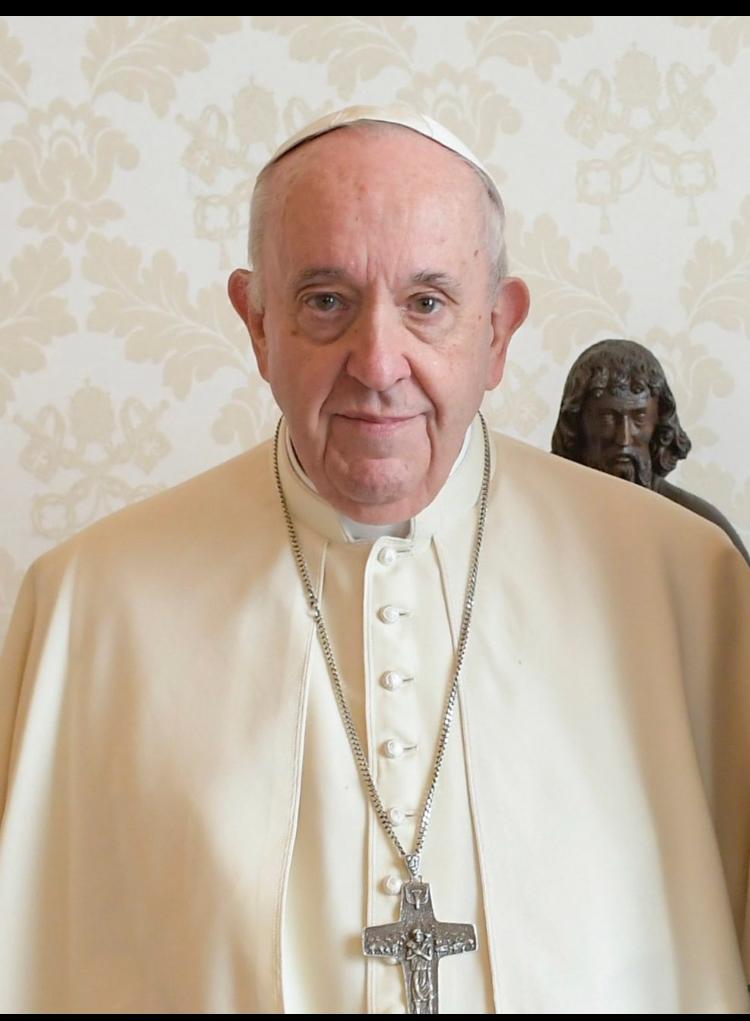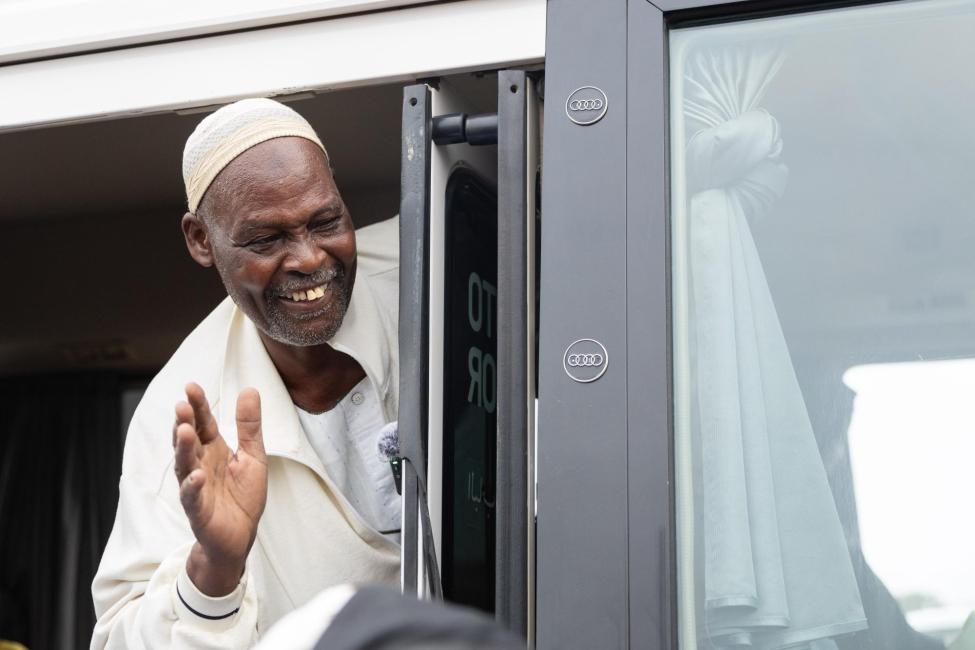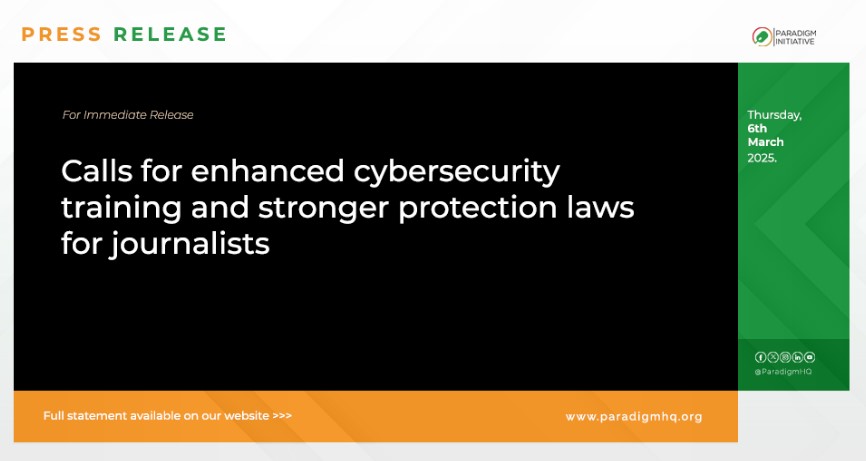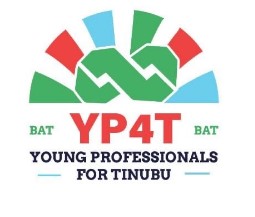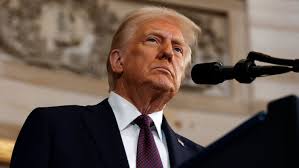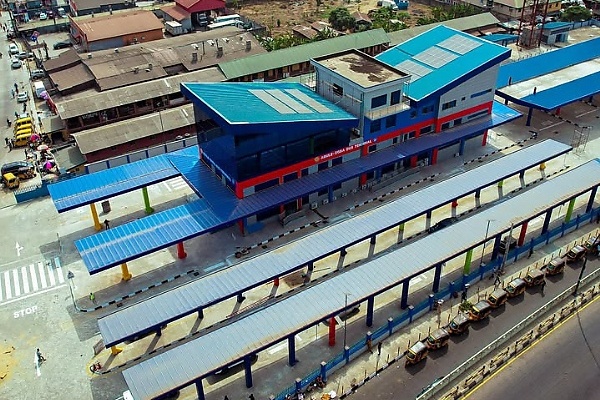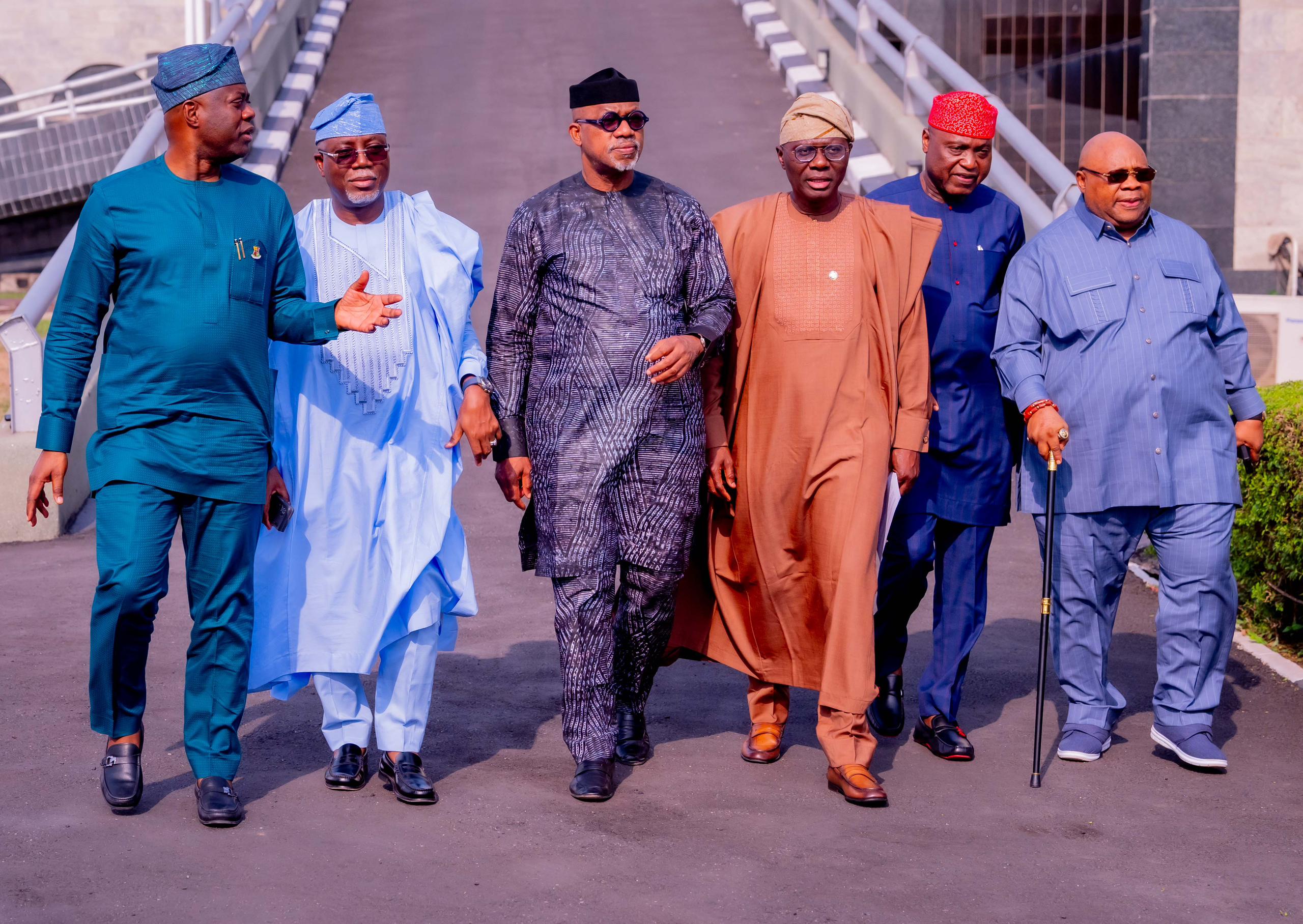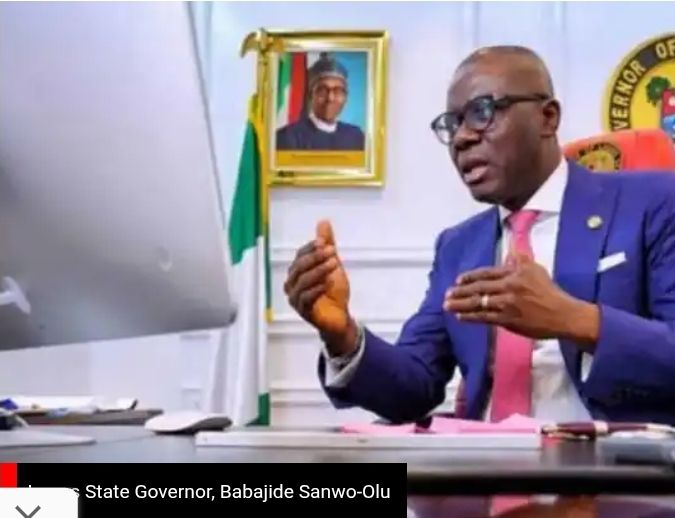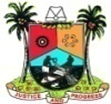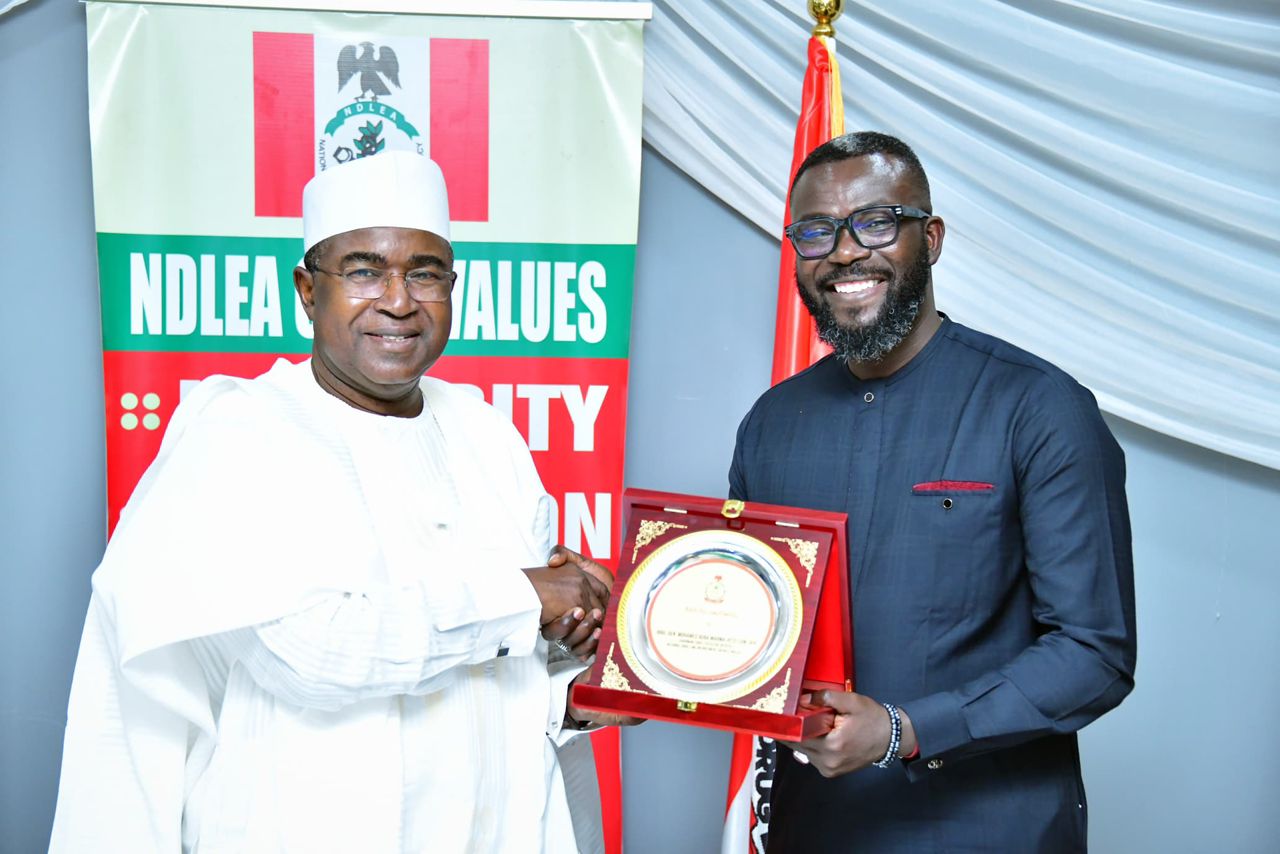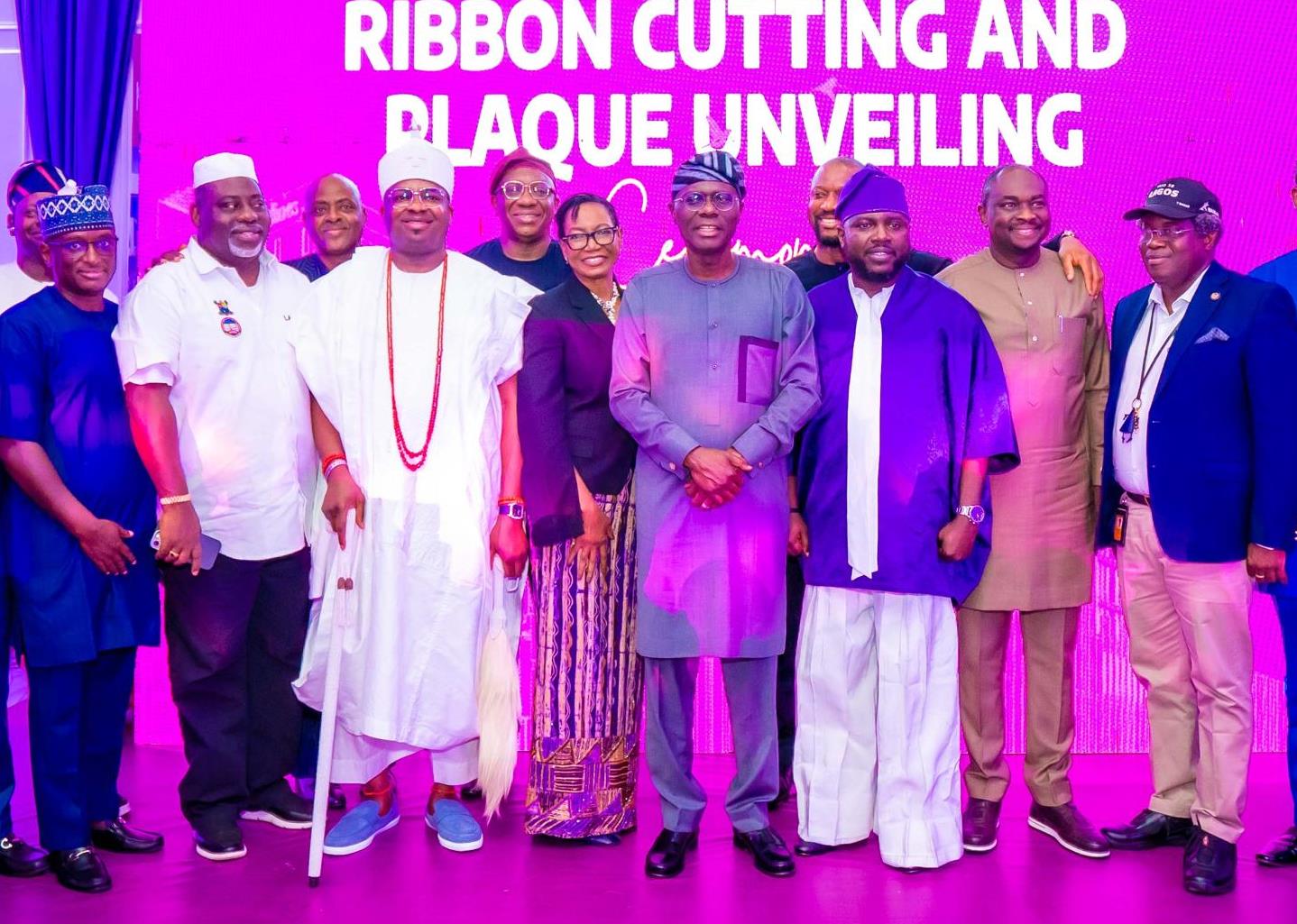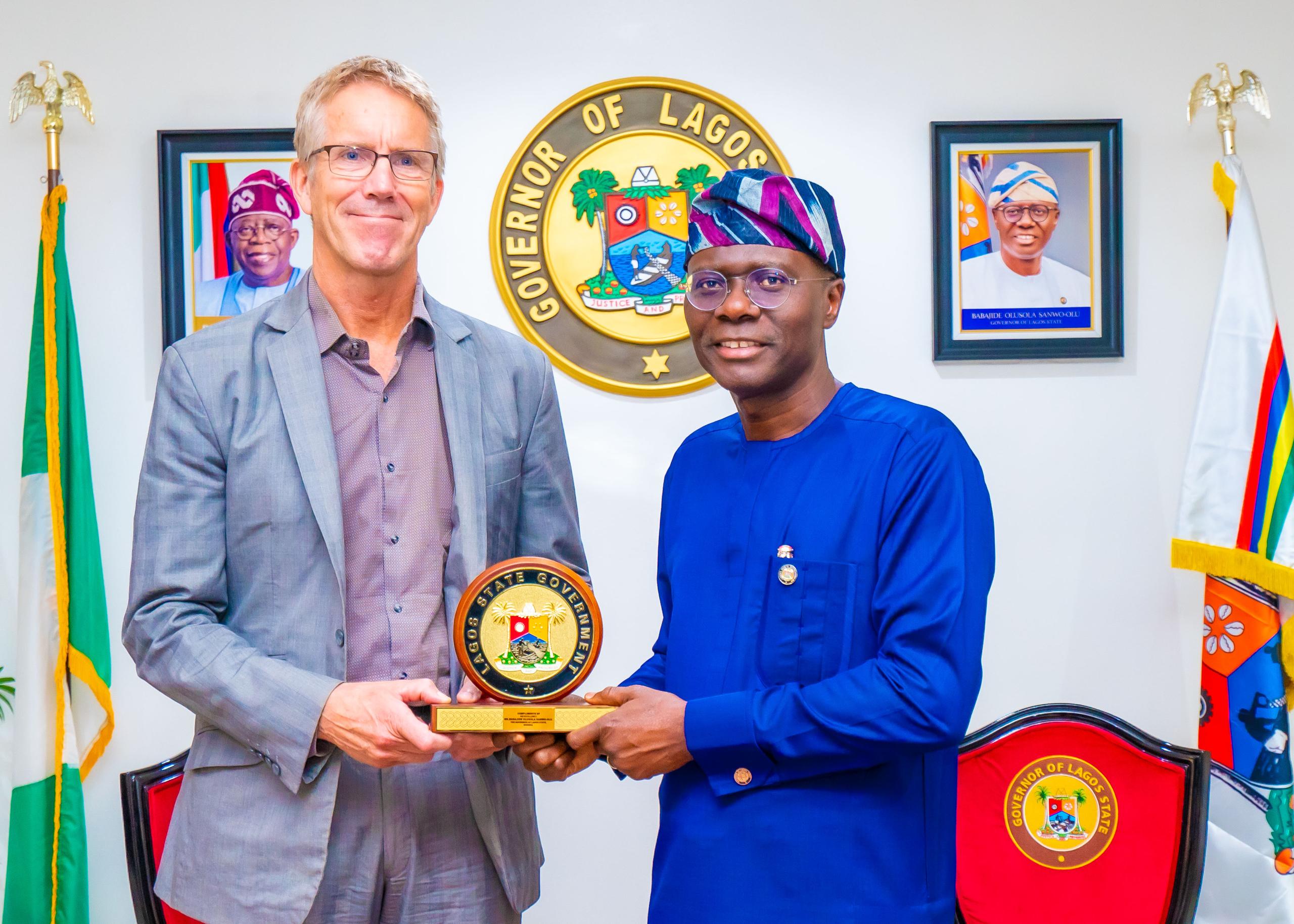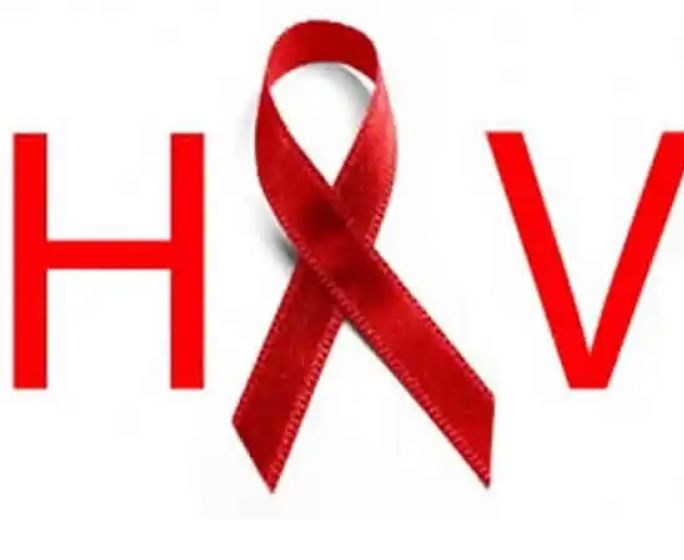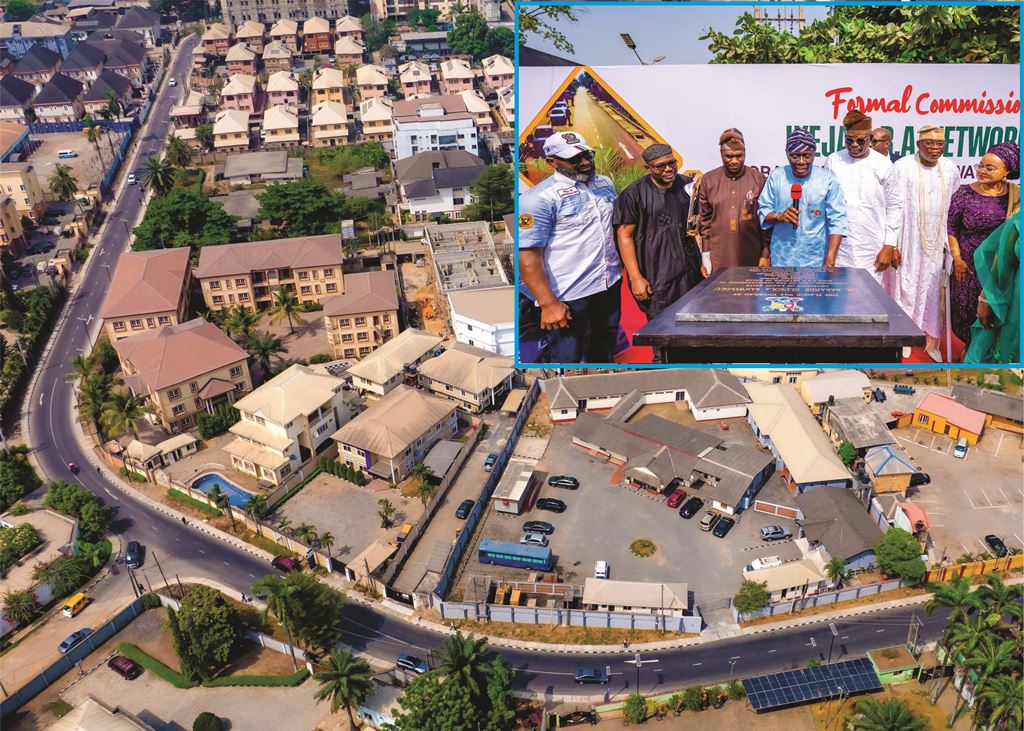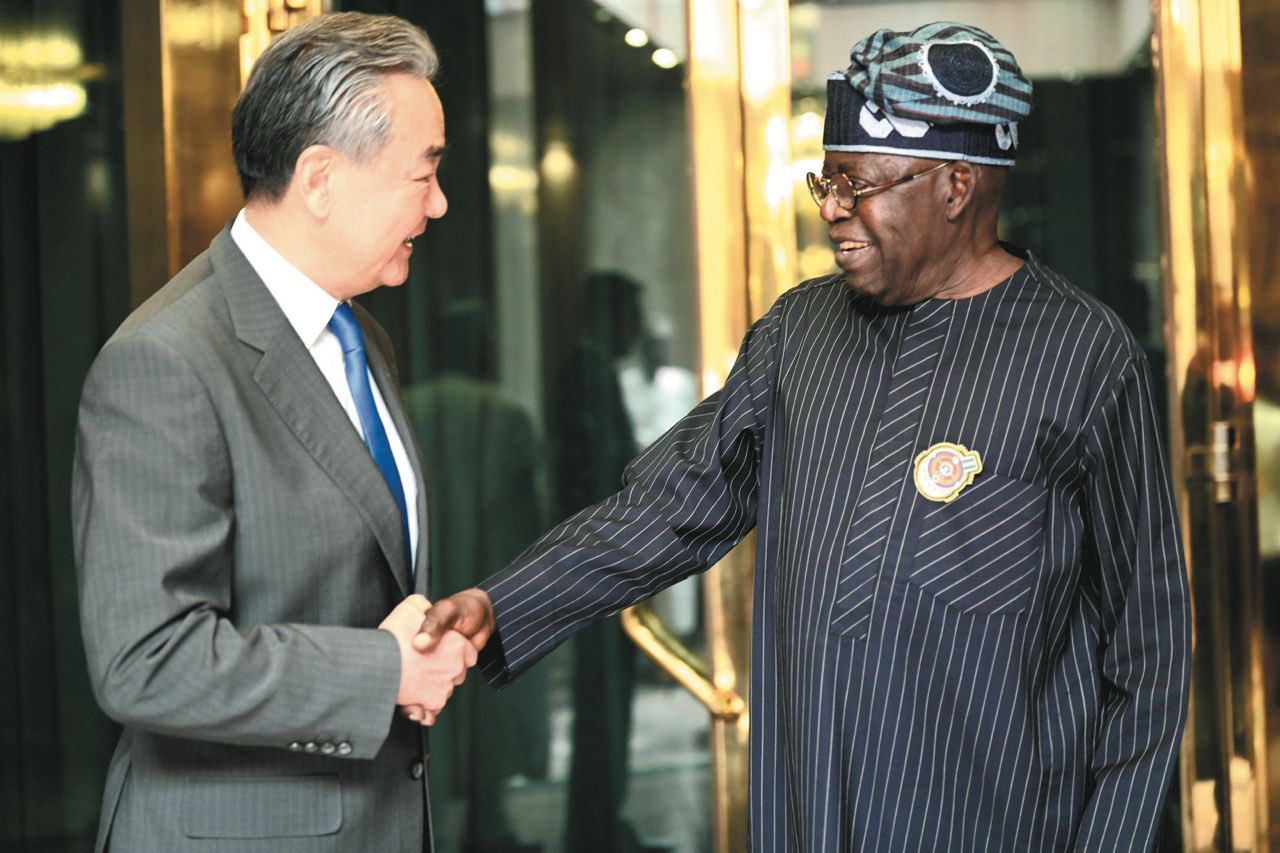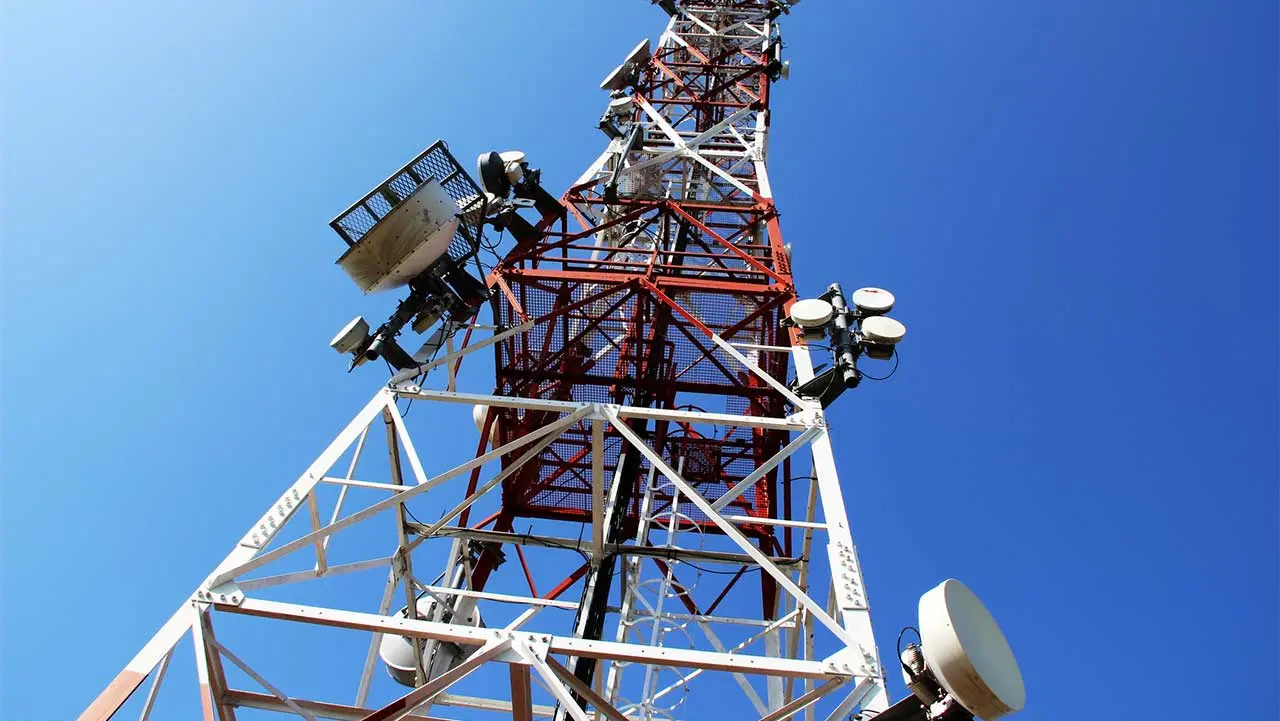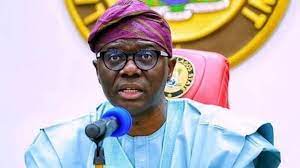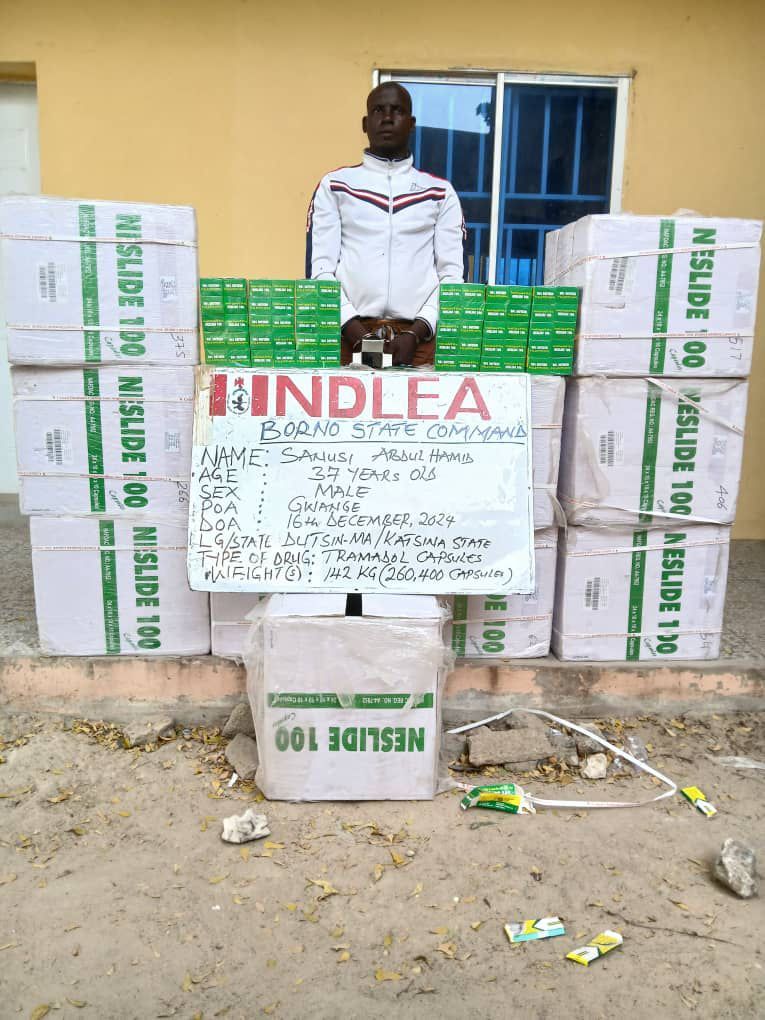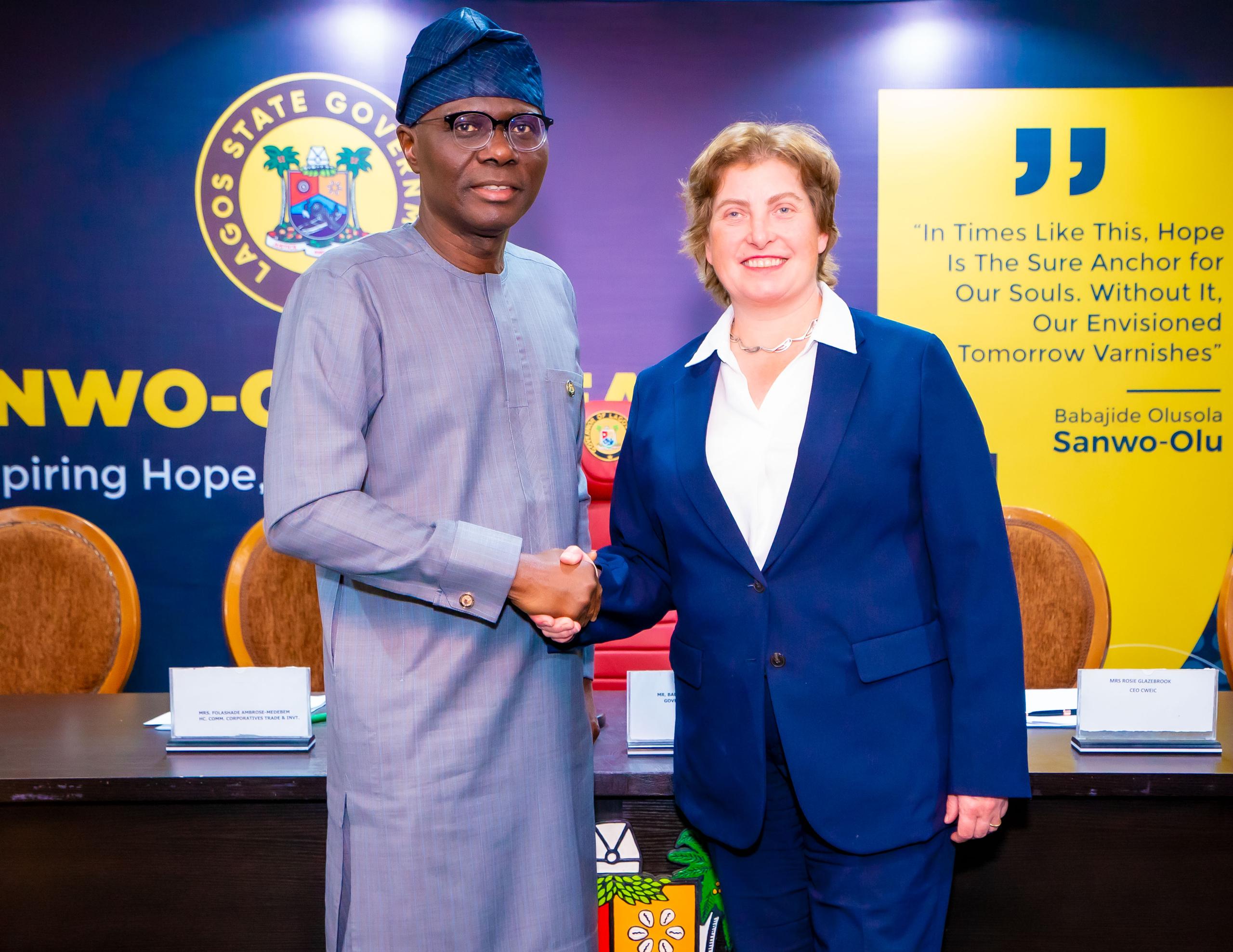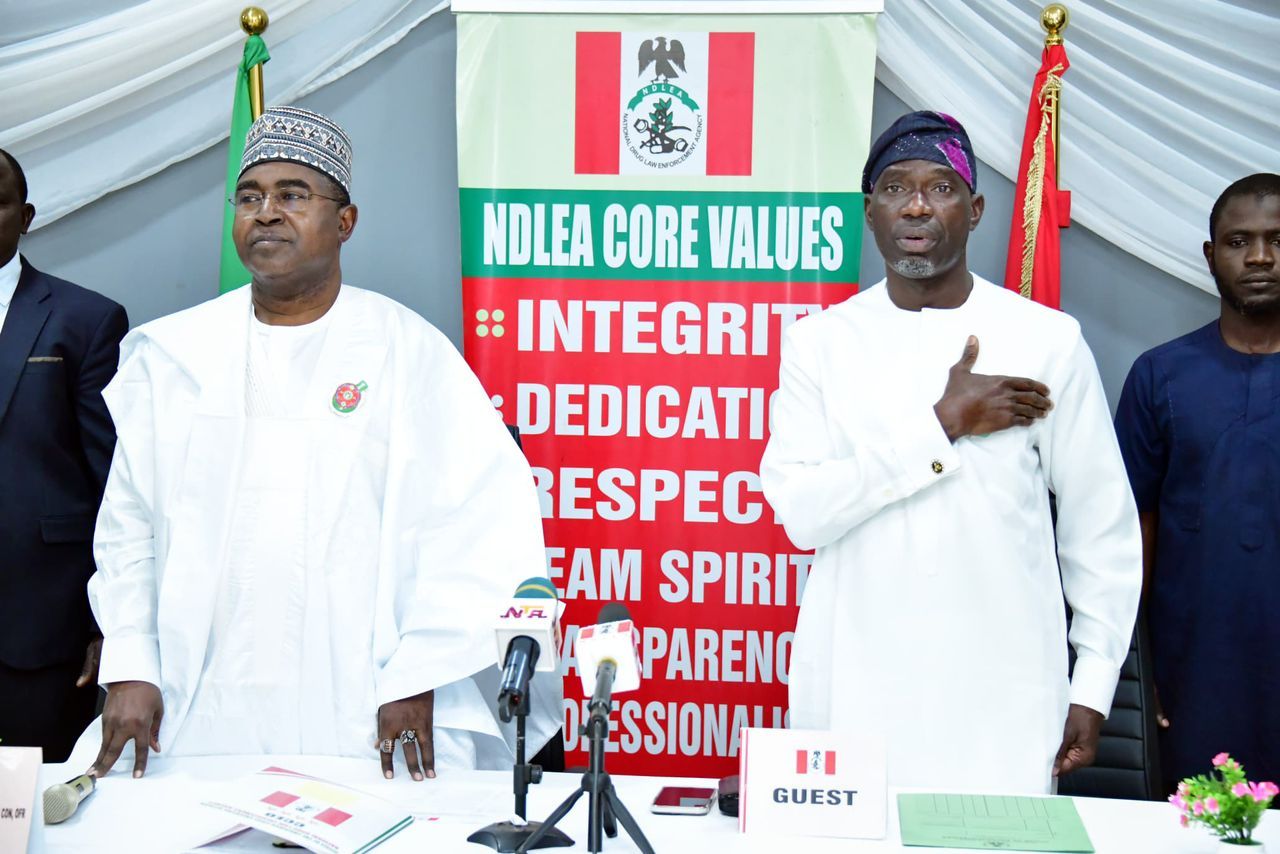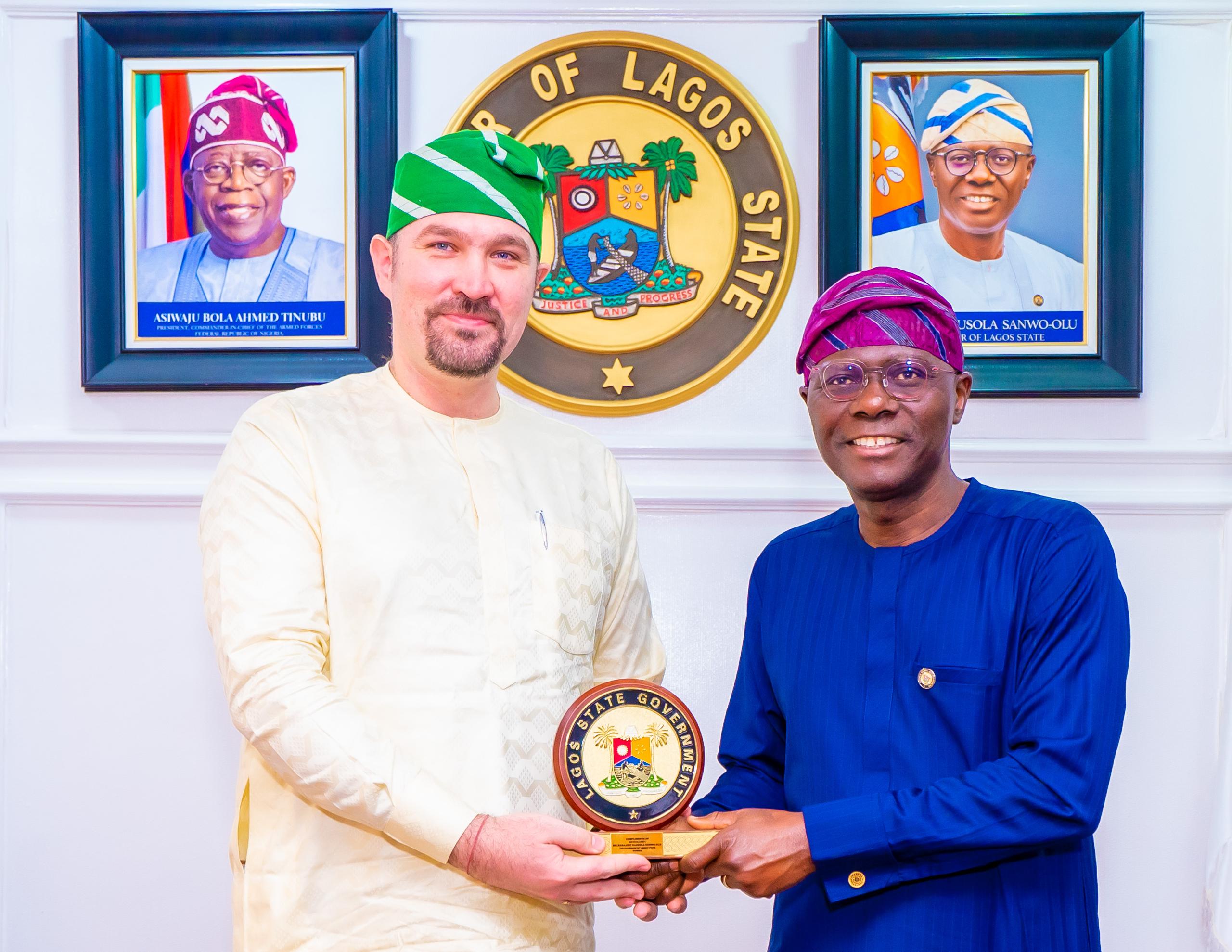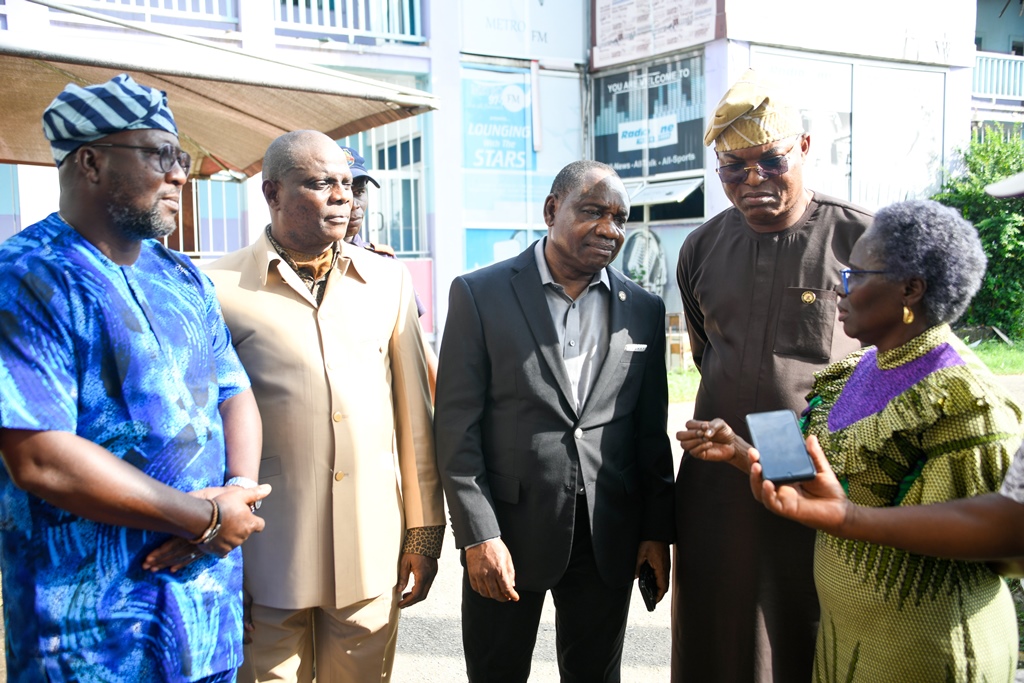Participants the stakeholder forum on the Communication Services Tax (CST) organised by the Lagos Chambers of Commerce and Industry in Lagos, were on Wednesday stunned that the Federal Government (FG) is drumming support for the draconian bill, reportsITRealms.
The Federal Government (FG) through the Minister of Communications, Hon. Abdur-Raheem Adebayo Shittu, said FG looks forward to Nigerians consideration of the bill because of its anticipated N20 billion monthly yield to bail out the budget deficits.
He also noted that lots of campaign and analysis have been made by several stakeholders, Shittu said that such internally generated revenue (IGR) will be invested in funding budget deficits and telecommunications infrastructure.
“In the same vein, our appetite as a Government to increase revenue makes this bill worthy of our consideration as I have been reliably informed that the projected earnings from this effort is over N20 billion naira every month, which is an attraction to the Government in funding our budget deficits. I must be quick to say that this Government has got a human face twined around its decisions,” Adebayo Shittu said.
He alluded the position of the government on its determination to provide the needed, enabling environment for the Information and Communication Technology (ICT) and telecommunication sector to thrive through enactment of relevant legislations.
While soliciting the support of stakeholders in making the Government and Governance SMART, with ubiquitous access to ICTs, the minister called on stakeholders in the communications sector to have a holistic deliberations on the communication services tax as being proposed in the Communication Tax Bill pending before the National Assembly.
The minister reiterated that “this is necessary in other to weigh the effects of the proposed tax regime on the government, stakeholders as well as end users of communication services.”
He invited stakeholders to juxtapose the new tax regime with existing ones, stressing that the introduction of new taxes without harmonizing existing ones will put pressure on the Nigerian tax system.
“… Thereby making it unattractive to investors and may consequently be counter-productive in the long run for the nation’s targets on broadband penetration,” he said.
Shittu pointed out there have been extensive controversies surrounding the proposed bill, and noted a section of the stakeholders have extrapolated that the Bill seeks to impose additional nine per cent charges on users of electronic communication services which is to be remitted to the Federal Inland Revenue Service on a monthly basis, just as the extra tax will be applied on voice calls, SMS, MMS, Data and Pay TV viewing, among other services.
Barr. Shittu said others have posited that over 60 million Nigerians would be unable to afford basic broadband connection, a situation that is likely to threaten Nigeria’s ability to achieve its goal of 30 per cent broadband penetration by 2018 and also undermine the socio-economic progress spurred by increased connectivity.
This, he said, stakeholders had alluded to a large extent will be a cog in the wheel of implementing the National Broadband plan.
He further added that many have also concluded that the proposed Bill will discourage further investment in the communication industry due to reduced Returns on Investment (RoI), and ultimately drastically reduce the sector’s huge contributions to the national Gross Domestic Product (GDP).
Further, he said, some have concluded that the proposed CST Bill is an ill wind that would blow the country no good.
Shittue argued that his focus on any tax regime will be to align any process that will stimulate the economy and also ensure that the tax system is efficient by widening the tax net and creating an effective framework for tax compliance to protect the poor and vulnerable in the society who nonetheless have to use telecom services for social inclusion and financial services among others.
“The ITU gave Nigerian the mandate to achieve 30 per cent broadband penetration by 2018. This is only two years away. In spite of the huge investment by the government and industry operators, Nigeria has achieved only 10 per cent broadband penetration at the moment. If we are to catch up with lost ground and meet up with the expectations of the global community in the area of affordable broadband service, we have to incentivize the populace by helping to aid access to low cost data service subscription”, he said.
He however said that this Bill is discriminatory because it targets only the communication industry to the exclusion of other sectors of the economy, saying ”they reckon rather than overtax an already overburdened industry and its populace, government needs to stimulate the economy and encourage the adoption of communication service by all – whether rich or poor.



